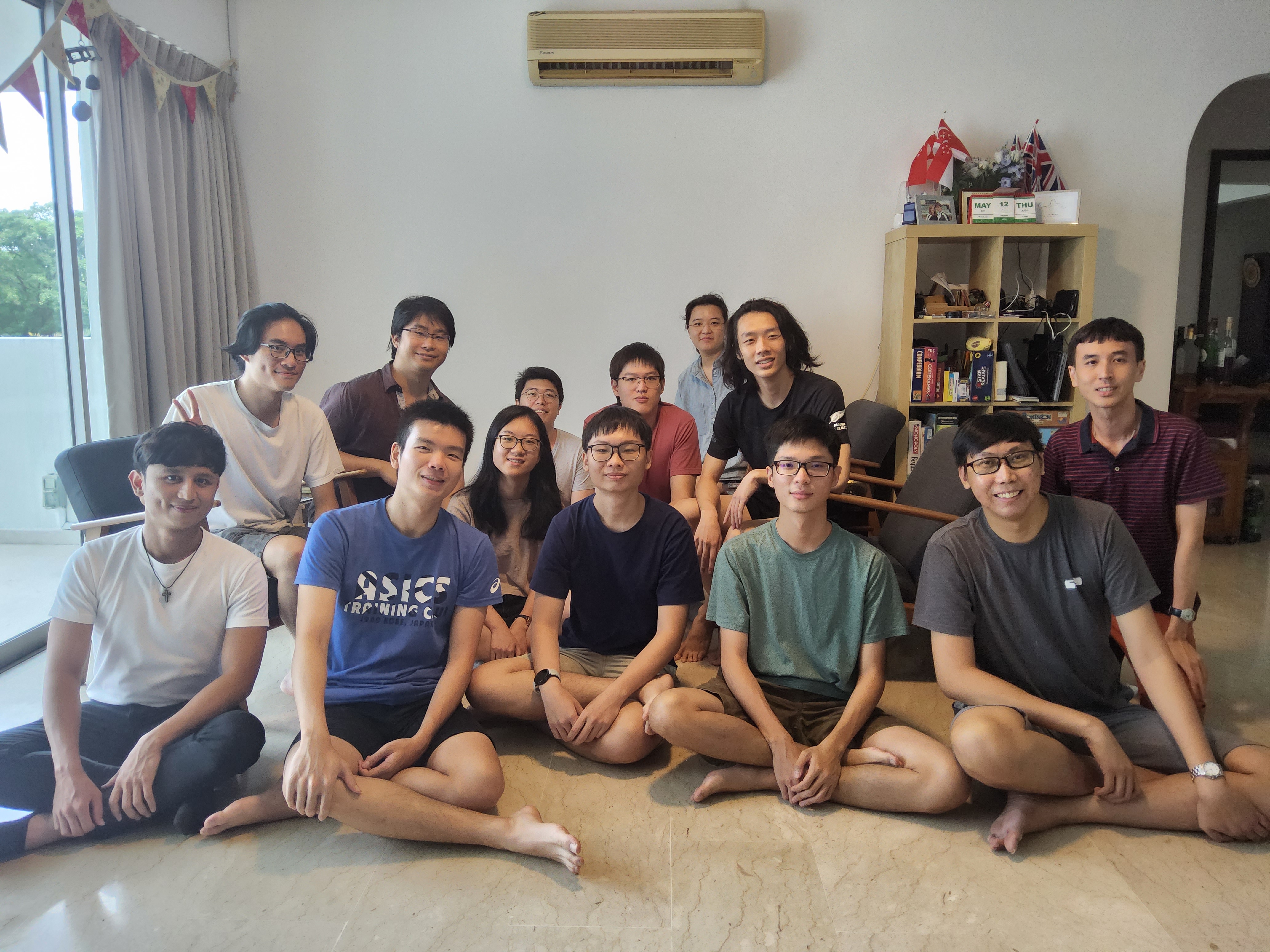 Forward together
Forward together
There are various projects on fusion energy available. This list is not exhaustive. Please contact me for more details.
Undergraduate internships available from May 2025.
Open PhD Projects
These projects are typically funded by A*STAR scholarships, which are open to both Singaporean and international students. There is also an AI-specific A*STAR scholarship. Since A*STAR does not award degrees, students need to be enrolled in a university, such as NUS or NTU. Students at foreign universities are also welcome to work with us for one to two years, funded under the ARAP scheme.
Our projects range from purely pen-and-paper theory to intensive computation to data analysis. The list here is not exhaustive.
Experimental study of turbulence in tokamaks
- Main supervisor: Valerian Hall-Chen.
- Collaborator: Terry Rhodes (UCLA).
Turbulence is arguably the last major remaining physics challenge pertaining to the development of fusion reactors. In this project, we will study experimental data from turbulence measurements of MAST-U or DIII-D plasmas. The student will use an in-house Python code to analyse and interpret such measurements, shedding light on turbulence in today’s experiments, paving the way for better future machines. The student is also expected to travel to MAST-U or DIII-D to carry out experiments with collaborators.
Time series AI to analyse measurements made by microwave diagnostics
- Main supervisor: Gu Lin (RIKEN).
- Co-supervisor: Valerian Hall-Chen.
- Collaborators: Terry Rhodes (UCLA).
AI addresses two problems in fusion diagnostics. First, future fusion power plants will use diagnostics as control systems, which means a quick response is required, giving time to apply countermeasures when instabilities are detected. Second, analysis of today’s diagnostic data can be onerous, requiring laborious effort from trained operators. As such, there is more data available than data than can be analysed via traditional means. The student will use AI to identify and forecast plasma events by studying data from at least one diagnostic, such as reflectometry, Doppler backscattering, high-k scattering, or synthetic-aperture microwave imaging.
Full-wave modelling of ion-cyclotron resonance heating
- Main supervisor: Valerian Hall-Chen.
- Co-supervisors: Bui Viet Phuong.
- Collaborator: Ruben Otin (UKAEA).
In today’s fusion experiments, the fuel routinely reaches temperatures many times hotter than the centre of the sun. Heating the fuel to such temperatures can be achieved by various methods, such as using high-powered (~MW) radio waves or microwaves. The large powers involved mean that these waves might inadvertently damage components in the reactor. As such, it is important to understand how these waves propagate and how they might scatter off turbulence in the edge, resulting in deflection. The student is also expected to travel to international collaborators’ fusion experiments to validate their code and work with experimentalists on developing fusion plasma scenarios.
Open Internship and Final-Year Projects
There is some funding available for Singaporean and international students. If you are applying for funding, please contact me at least 6 months before the start date. In general, it is never too early to write to me.
The projects available in this category are shorter term and thus more ad hoc than PhD projects. As such, they change rapidly as new discoveries are made in the field; the list here is far from exhaustive. Please contact me to find out what is currently available. Broadly speaking, there are usually experimental and computational projects available. Pen-and-paper theory projects are sometimes available, but those usually take at least 6 months.
By and large, my goal is for interns (at least those directly supervised by me) to publish their work, but given the uncertain nature of research, this is not always possible.
Physics-informed neural networks for plasma simulations
- Main supervisor: Ronald Chan.
- Co-supervisor: Ooi Chin Chun.
- Collaborator: Plamen Ivanov (U. of Oxford).
- Duration: At least 6 months.
Understanding the plasma dynamics in confined plasmas is crucial to the successful design of a nuclear fusion reactor, which promises sustainable baseload electricity generation. Machine learning tools, such as neural networks, can be combined with physics constraints and governing equations to accelerate understanding of these complex systems. We will use numerical simulations of reduced plasma systems derived from the gyrokinetic equations to train physics-informed neural networks and assess their effectiveness in modelling such systems.